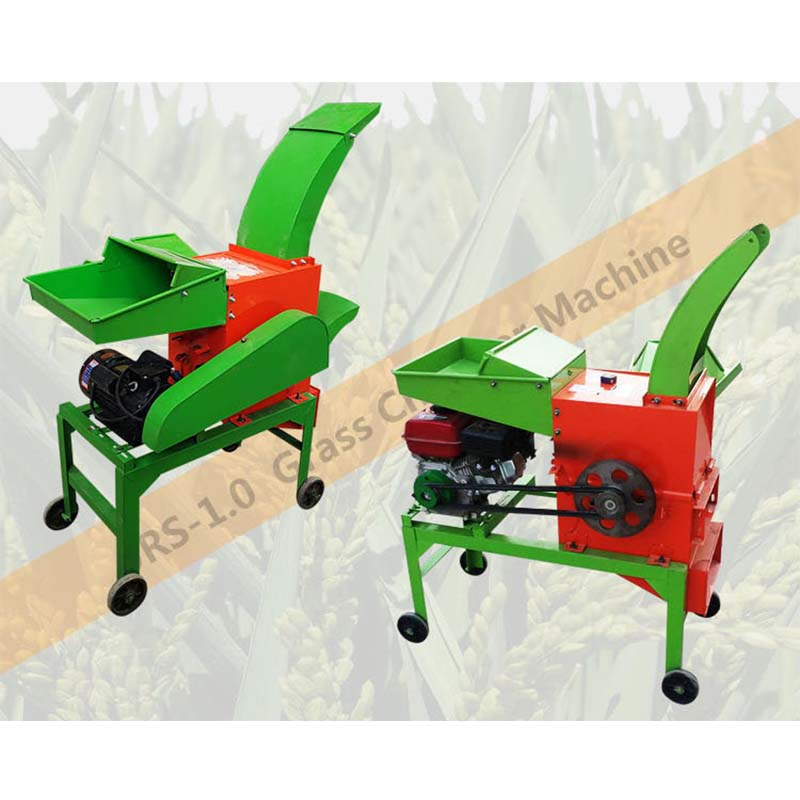Innovative Solutions for Efficient Egg Tray Production and Sustainable Packaging Technologies
Aug . 07, 2024 04:20 Back to list
Innovative Solutions for Efficient Egg Tray Production and Sustainable Packaging Technologies
The Evolution and Impact of Egg Tray Machines
Egg tray machines play a vital role in the modern poultry industry, significantly enhancing the efficiency of egg packaging and transportation. These machines are designed to convert waste paper and other recycled materials into sturdy egg trays, providing a sustainable solution for egg storage and distribution. As environmental concerns grow, the demand for eco-friendly alternatives has prompted a surge in the adoption of egg tray manufacturing technology.
Egg tray machines operate on a simple yet effective principle. They utilize a process called pulping, where waste paper is shredded and mixed with water to create a slurry. This slurry is then formed into molds shaped like egg trays through a series of hydraulic presses. Once formed, the trays are dried, usually using either natural sunlight or industrial dryers, and are ready for use in packaging eggs. This process not only minimizes waste but also transforms it into a useful product, making it an appealing option for businesses looking to reduce their environmental footprint.
The advantages of using egg tray machines extend beyond environmental benefits. The production of paper egg trays is cost-effective, especially when considering the price of traditional plastic trays and the environmental regulations surrounding them. Businesses can save on raw material costs by utilizing recycled paper, which is often cheaper than purchasing new plastics. Moreover, egg trays made from recycled materials are biodegradable, providing an eco-friendly alternative to plastic trays that contribute to pollution and landfill waste.
egg tray machines

Advanced egg tray machines are highly automated, incorporating state-of-the-art technology to boost production efficiency and quality control. These machines can produce thousands of trays per hour, significantly increasing output for poultry farms and packaging companies. Additionally, automation reduces labor costs and minimizes human error, leading to a more consistent product. The integration of digital controls and sensors in modern machines also allows for real-time monitoring of operations, ensuring optimal performance and maintenance.
Moreover, the versatility of egg tray machines isn't limited to the production of egg trays. They can also be adapted to create trays for other products, such as fruits, vegetables, and electronics. This adaptability expands the market for manufacturers, enabling them to diversify their offerings and cater to specific customer needs. As consumer awareness grows regarding sustainable packaging, businesses across various sectors are increasingly seeking alternatives to plastic, making egg tray machines a lucrative investment.
The global market for egg tray machines is witnessing significant growth, fueled by rising demand for eco-friendly packaging solutions. Countries focusing on sustainable practices, such as those in Europe and North America, are leading the charge in adopting these technologies. As regulations tighten regarding plastic waste and environmental protection, the need for efficient and sustainable packaging solutions will only intensify.
In conclusion, egg tray machines represent an intersection of innovation, sustainability, and economic efficiency. By transforming waste materials into valuable products, they address environmental concerns while providing cost-effective solutions for the poultry industry. As technology continues to advance and the demand for eco-friendly packaging rises, egg tray machines will remain an essential component of a sustainable future, paving the way for cleaner production practices and improved environmental outcomes.
-
Hot Sale 24 & 18 Door Rabbit Cages - Premium Breeding Solutions
NewsJul.25,2025
-
Automatic Feeding Line System Pan Feeder Nipple Drinker - Anping County Yize Metal Products Co., Ltd.
NewsJul.21,2025
-
Automatic Feeding Line System Pan Feeder Nipple Drinker - Anping County Yize Metal Products Co., Ltd.
NewsJul.21,2025
-
Automatic Feeding Line System - Anping Yize | Precision & Nipple
NewsJul.21,2025
-
Automatic Feeding Line System - Anping Yize | Precision & Nipple
NewsJul.21,2025
-
Automatic Feeding Line System-Anping County Yize Metal Products Co., Ltd.|Efficient Feed Distribution&Customized Animal Farming Solutions
NewsJul.21,2025






